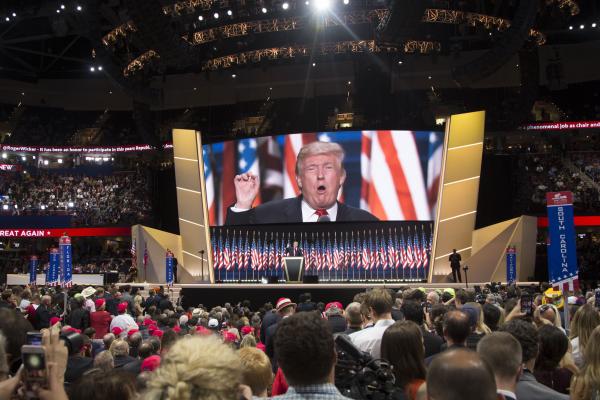Jul 22, 2016
Sadly, and quite alarmingly, the spirit at the Republican National Convention in Cleveland, Ohio was full of fear, anger, and even hatred. Vitriol often replaced serious public discourse about the most important issues at stake in our public life. I watched every night on television but have also received messages from people on the inside — including friends who are Christian, conservative, and Republican — feeling almost distraught about all three of those core commitments. One friend wrote me to say, “I am close to losing it. The spirit is so angry and hateful here."
Read the Full Article

Already a subscriber? Login
